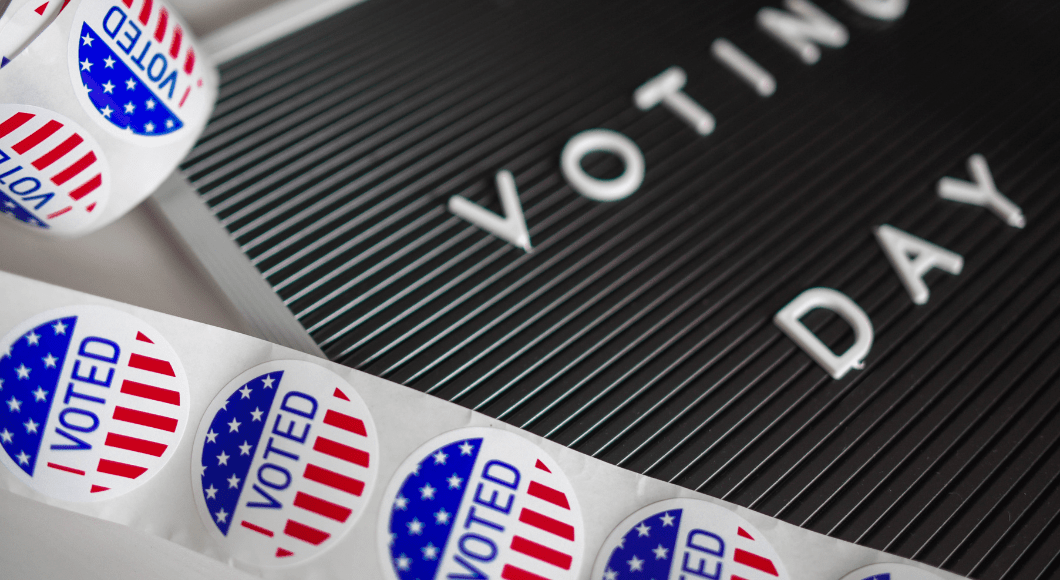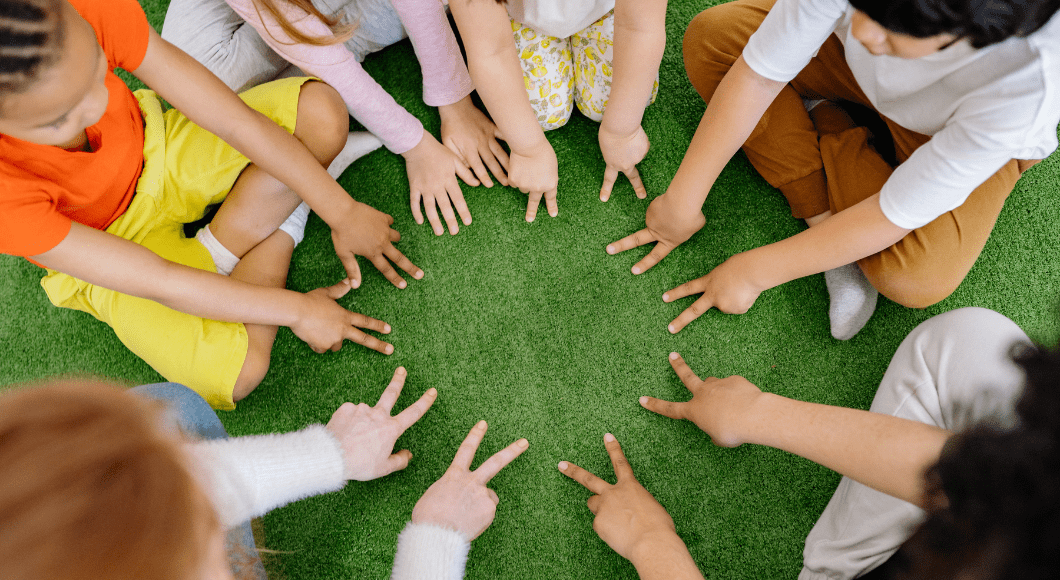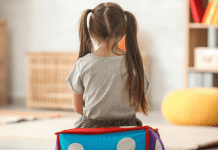
“Dukakis, Dukakis, Dukakis,” I whispered reminding myself of the candidate I had carefully chosen after several sit-downs of evening news with my parents and quiet attention at evening meals and after church conversations.
Walking into the makeshift voting booth with my short paper poll and the dull number two pencil I was handed, I proudly marked off the vote for my candidate and deposited it into the voting box. I felt so grown up and was exhilarated by the Election Day activities our elementary teachers had orchestrated for us. Proud to have put in the work to choose a candidate thoughtfully and carefully and even prouder that I had gone most of the school day without forgetting his name.
I never would have anticipated that my excitement around Election Day would be short-lived.
Later in the classroom we all shared our experiences, our small taste of democracy, and the opinions, though perhaps naive, shared by some of my second-grade classmates about the candidate. It forever changed my perspective on not only sharing my own opinion, but also respecting the political opinions of others.
>> RELATED READ :: Why You Should Get Involved in Local Politics <<
Privately nurturing my own beliefs became a silent source of strength despite the teasing for me that day.
That day also became a reminder for me that the power that comes from confidently embracing one’s perspective while acknowledging the diverse tapestry of others can create a roadmap for respect and the start to building the bridge of shared perspectives.

The Role of Parents and Educators: Nurturing Respectful Dialogue
In our melting pot society, differing political opinions enrich not only our understanding of the world, but it can also help us connect with members of our immediate community as close as our next-door neighbors. As parents and educators, it is part of our many responsibilities to guide our children toward respectful dialogue, acceptance of diverse viewpoints, and an appreciation of their own personal beliefs.
The incident in my second-grade classroom serves as a testament to the importance of nurturing these qualities from an early age.
Respect forms the cornerstone of healthy political discourse. Teaching our children to listen actively, empathize, and consider different viewpoints equips them with essential life skills. By encouraging open conversations at home, we create a safe space for them to express their thoughts and ask questions. Children, too, possess unique perspectives influenced by their experiences and observations. Acknowledging and validating their viewpoints, no matter how young they are, boosts their confidence. It helps them understand that their thoughts matter, fostering a sense of pride in their opinions.
Critical Thinking and Empathy: Building Foundations for Tolerance
Encourage your children to question, analyze, and seek information. Equip them with the tools to discern between reliable sources and misinformation. By nurturing their analytical skills, we empower them to form opinions grounded in knowledge. Understanding others’ viewpoints doesn’t mean agreement, but it does foster empathy. By teaching our children, future community members and leaders, to empathize with different perspectives, we sow the seeds of a compassionate society. Empathy encourages tolerance, even in the face of differing political beliefs. By modeling respectful behavior and open-mindedness in our own adult discussions, we demonstrate how to agree to disagree respectfully instilling valuable lessons of tolerance and understanding.

The incident from my second-grade classroom serves as a reminder that teaching children to respect political opinions is not just a lesson in politics; it’s a lesson in humanity. By nurturing their ability to engage in respectful discussions, validating their perspectives, and empowering them with critical thinking skills, we pave the way for a generation that values diversity of thought.
>> RELATED READ :: Introducing Your Children to Politics: Finding Common Ground <<
As parents and educators, we hold the torch that illuminates the path toward a more tolerant and harmonious future. Let us guide our children with wisdom and patience, nurturing a generation proud of their opinions yet respectful diversity of ideas that surround them. Through these efforts, we shape not just informed citizens, but compassionate human beings who celebrate the beauty of differences in opinion not only on Election Day but every day.













